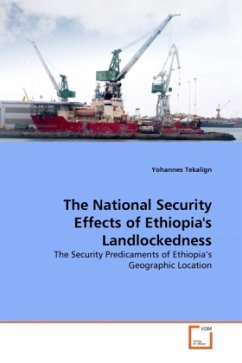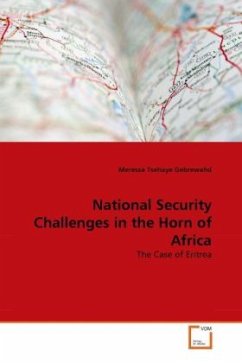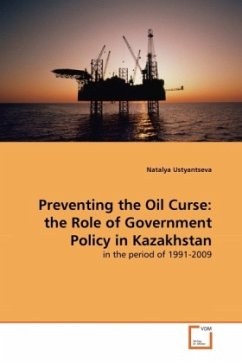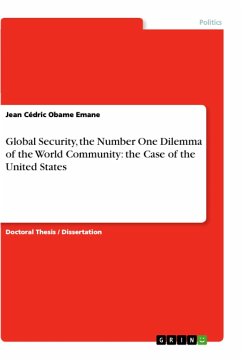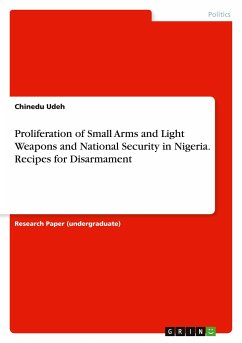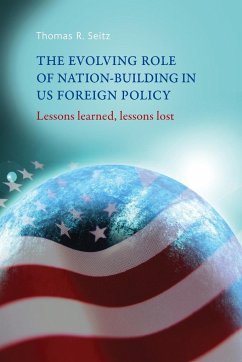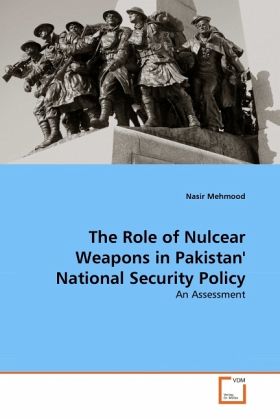
The Role of Nulcear Weapons in Pakistan' National Security Policy
An Assessment
Versandkostenfrei!
Versandfertig in 6-10 Tagen
32,99 €
inkl. MwSt.

PAYBACK Punkte
16 °P sammeln!
Pakistan experienced grave external security threats to its prime national security values-political independence, territorial integrity, and sovereignty, immediately after its inception. Pakistan employed various security tools of internal and external balancing other than nuclear weapons to guard its prime values from the strategies of war and black-mail of India. Post 1971 debacle and India's so-called PNE of 1974 national security evaluation compelled the then Pakistani leadership to exploit the deterrence value of nuclear weapons. After the induction of nuclear weapons in its national sec...
Pakistan experienced grave external security threats to its prime national security values-political independence, territorial integrity, and sovereignty, immediately after its inception. Pakistan employed various security tools of internal and external balancing other than nuclear weapons to guard its prime values from the strategies of war and black-mail of India. Post 1971 debacle and India's so-called PNE of 1974 national security evaluation compelled the then Pakistani leadership to exploit the deterrence value of nuclear weapons. After the induction of nuclear weapons in its national security policy, Pakistan successfully held India at bay during Brasstacks Operation-1987, Kashmir Crisis 1990, Kargil War 1999, and Military Standoff of 2001-2002. Nevertheless, Indian leadership is continuously exploring various unwise strategic choices to undermine the existing posture of minimum credible deterrence of Pakistan. Therefore, Pakistan must reevaluate intelligently its nuclear posture to strengthen the fabric of nuclear deterrence.




